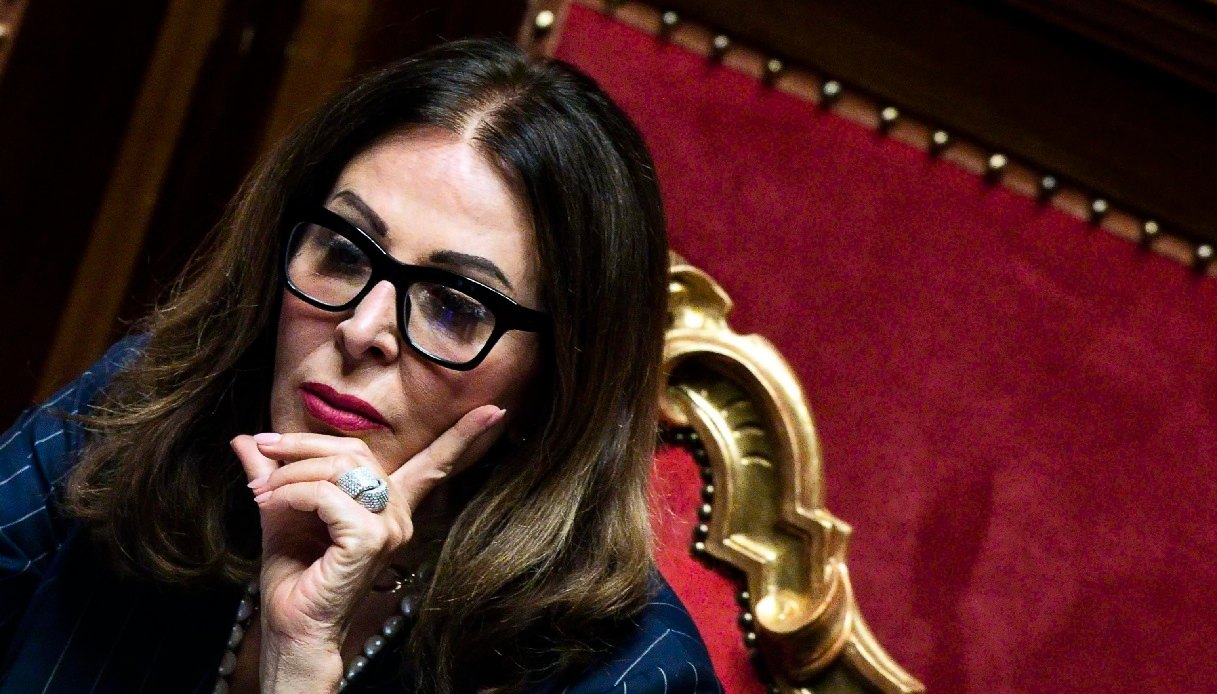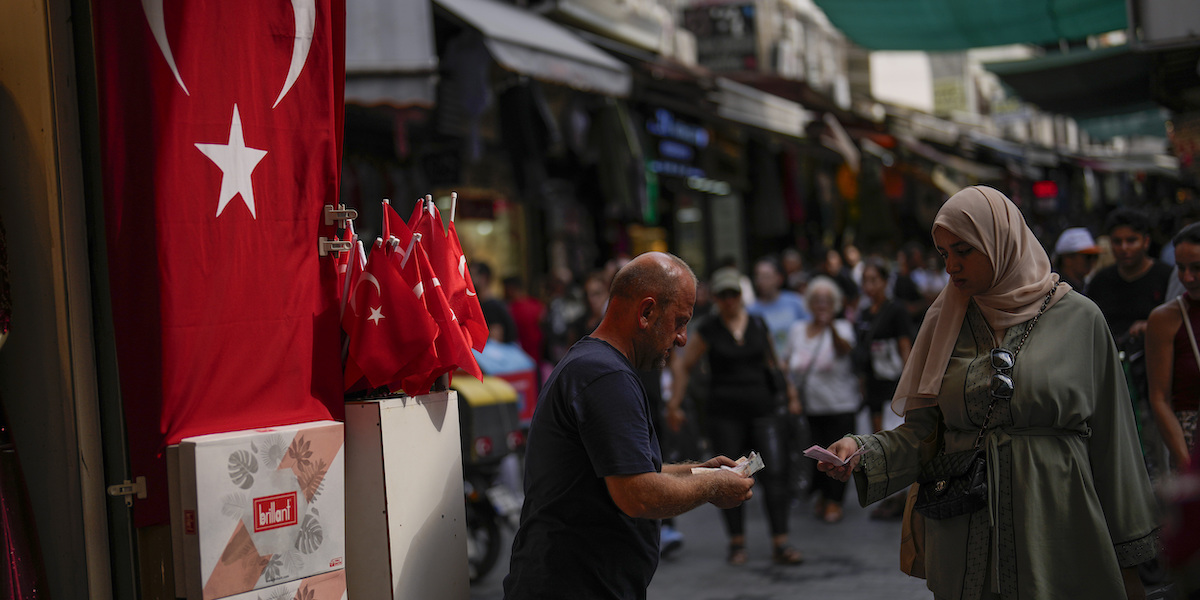loading
It has been six months since Recep Tayyip Erdogan was re-elected as President of Turkey, and since then his economic policy has changed dramatically. After years of controversial and economically reckless decisions to maintain the consensus, which caused a very serious increase in inflation and a significant devaluation of the Turkish lira, he took a completely opposite path gradually leading towards the normalization of the economy.
The policies pursued in recent months have three goals: halting very strong inflation and the devaluation of the Turkish lira, replenishing currency reserves that the central bank has used to support Erdogan's choices in the past, and reducing the country's massive trade deficit. This necessary shift in direction could partially slow down the economy, after the very strong growth it has witnessed in recent years.
In recent years, Erdogan has promoted measures that pushed economic growth at all costs, but with huge repercussions: above all because of his insistence on keeping interest rates low, unlike the majority of the world's economies, inflation today is very high. The poverty rate rose, and international investors lost confidence in the Turkish economy. After the elections, he made two appointments that had a major role in changing economic policies: the appointment of the new Economy Minister Mehmet Simsek and the new Central Bank Governor Hafiz Gay Erkan, both of whom were traditional economists who were highly respected internationally.
The government's priority now is to stop inflation, which has sometimes reached 80 percent and now stands at about 60 percent. This means that prices have almost doubled over time, putting residents in great difficulties. These increases have had an impact primarily on the poorest, but also on the upper middle class: for example, the head of the central bank recently said Announce Who had to move back in with her parents because she was struggling to buy a house on her own.
This gives an idea of the urgency of combating inflation in Türkiye. To do this, the central bank decided on a series of large and rapid increases in benchmark interest rates: in six months it raised them from less than 10% to 40%.
The reference interest rate of the Turkish Central Bank. Source: Trade Economics
Since 2021, while the rest of the world has been raising interest rates to combat inflation, Erdogan has in effect forced the Turkish Central Bank to lower them to stimulate economic growth. Lowering interest rates is exactly the opposite of what should be done according to economic theory at a time of high inflation, because it effectively means leaving inflation out of control and allowing it to rise further.
Raising the interest rate means that the country is abandoning Erdogan's experience and returning to more traditional economic policies. “We are on the right track. There is clear evidence of the return of confidence. “But we have to be patient, it is still a challenge,” Economy Minister Simsek Al said recently. Financial Times.
The policy of raising interest rates takes a long time to have its effects. Annual inflation remains very high: in November, prices were 62 percent higher than a year earlier. However, if we look at monthly increases, i.e. how prices are going compared to the immediately preceding month, inflation appears to be falling: in July, prices rose by 9 percent compared to June, while in November by only 3 percent compared to October.
According to most analysts, interest rates will have to be increased further to reduce inflation further. The side effect of this policy is that economic growth is jeopardized, which is why it is very unpopular and criticized at the political level.
Therefore, the work of the central bank is rather sensitive. And not only because he finds himself managing the monetary policy of a country with a very deteriorating economic situation, but also because Erdogan has a somewhat stormy relationship with central bankers: from 2020 until today, he has replaced four of them, mainly due to disagreements. On whether there is a need to raise interest rates or not.
Although Erdogan publicly supports the new policies, many investors and analysts remain skeptical about how much room to maneuver the president will give Erkan and Simsek. There are a series of important local elections early next year, including elections in Istanbul and Ankara, which could influence economic policy choices.
However, things seem to be progressing so far, also because the current monetary policy has proven to be positive, especially for the trend of the Turkish lira, the local currency that has lost a lot of its value in recent years compared to the dollar and the Turkish currency. Other strong currencies precisely because of these counter-intuitive monetary policy decisions. In the first six months of the year alone, the Turkish lira lost nearly 30% of its value against the dollar. Since June, the value of the currency has continued to decline, but much more slowly, suggesting that international investors have greater confidence in the appropriateness of current monetary policy options.
Also supporting the lira is the fact that the central bank is also committed in the meantime to rebuilding foreign exchange reserves, i.e. foreign currency stockpiles held by each central bank for precautionary purposes: In recent years, Erdogan's reckless choices have caused the Turkish lira to collapse. The value of the currency fell and the central bank was forced to intervene in the currency markets to support its value, which led to the depletion of its reserves. If he had not done so, the currency would have collapsed further.
Economy Minister Simsek then put in place some policies to encourage exports and investments, which should become essential to support growth and which should serve to compensate for the possible decline in domestic consumption, due to inflation and high interest rates.

“Internet trailblazer. Travelaholic. Passionate social media evangelist. Tv advocate.”







More Stories
Copy to “First Confiscation and Conversion of Cryptocurrencies to Euros” – News
Economic agenda for May 6, 2024
A fine of one thousand to five thousand euros for the owner who renovates the house with a violating company